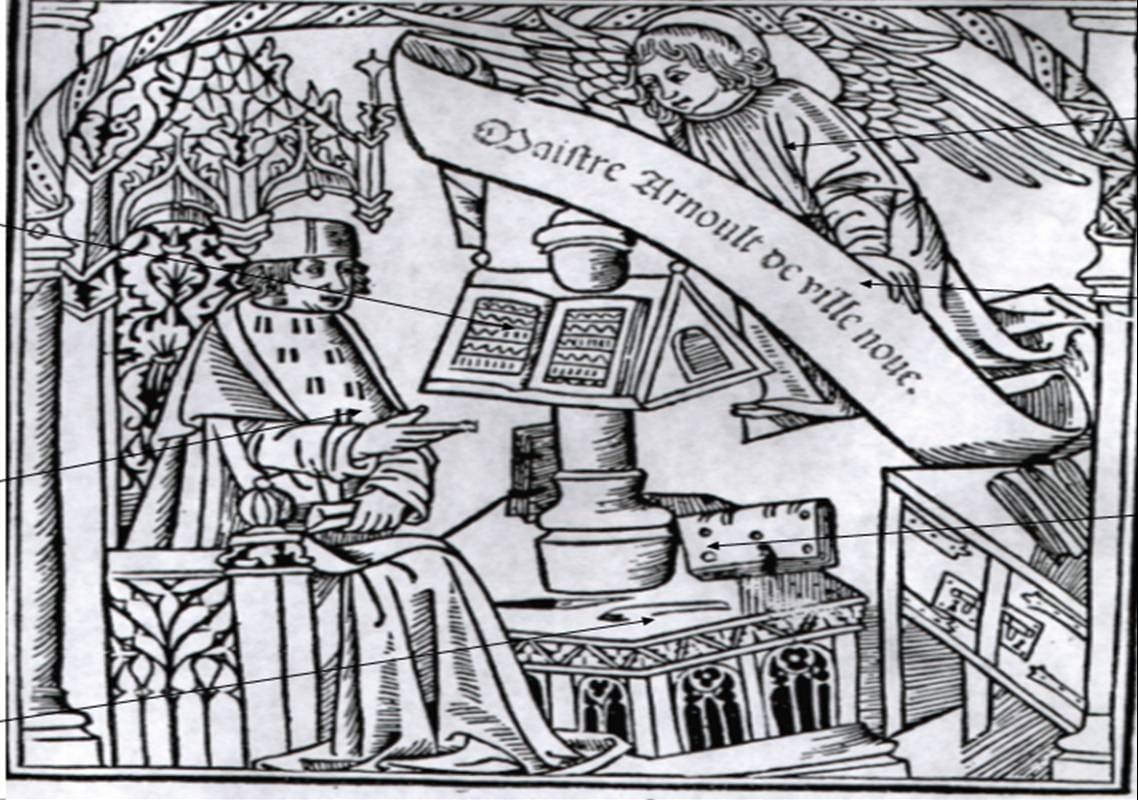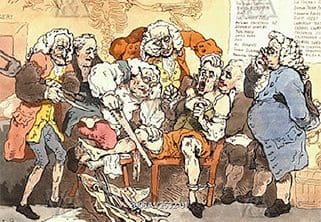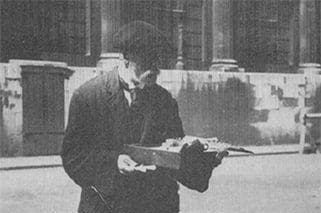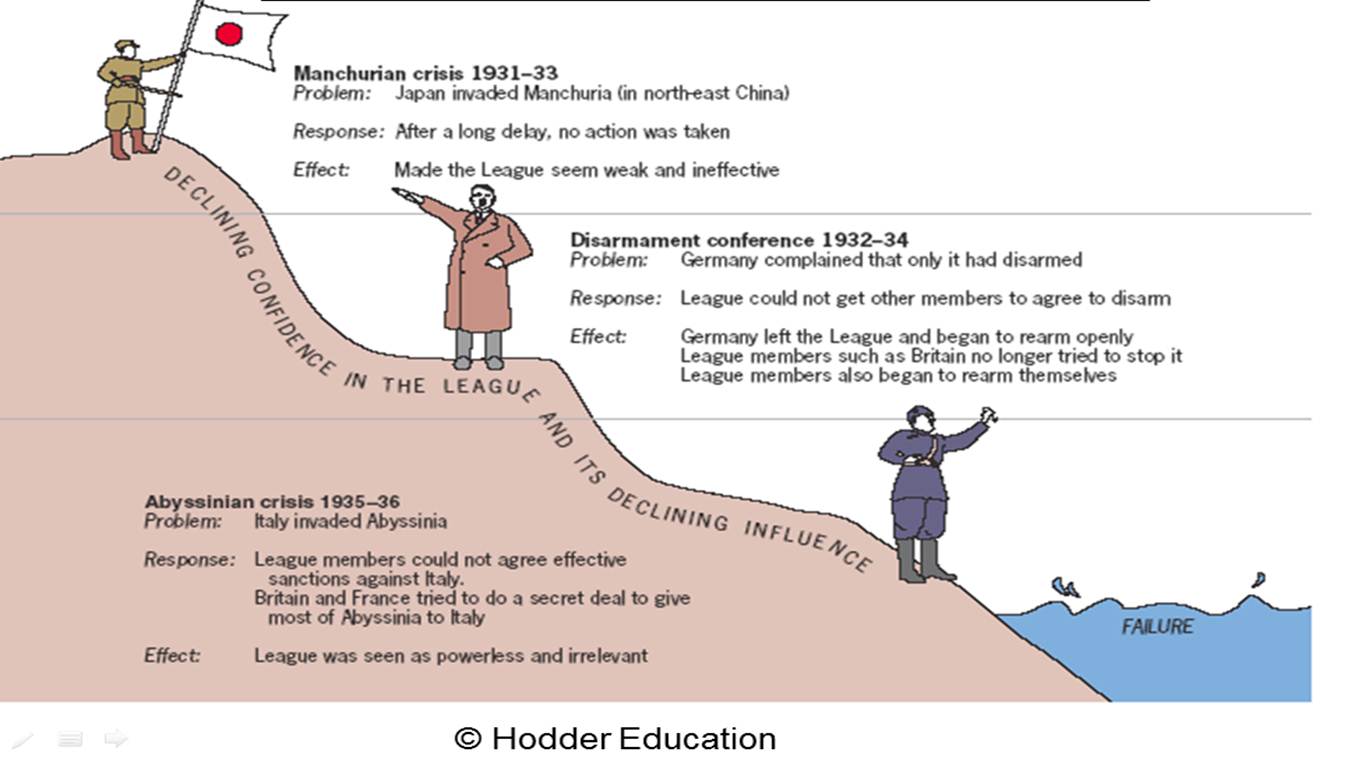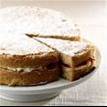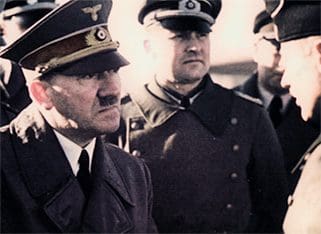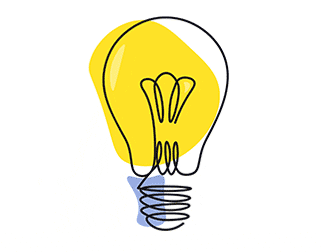
When the demands of the examination, and the results, loom large over our GCSE teaching, you might be forgiven for feeling that the last thing you want to be thinking about is creativity. Yet, when you think that you have the same students with you throughout the five terms, you realise that a little bit of creativity in the way you teach and the students learn, would not go amiss. Here are a few ideas to get you thinking.
How to develop more creative behaviour in history lessons
Students will often …
- Respond flexibly, intuitively and imaginatively when challenged by historical problems, especially paradoxically. You might invite students to speculate about why a historical character took the actions they did, which to us today seem perplexing
- Challenge conventional responses and assumptions, e.g. were the reasons for .. as simple as that?
- Ask open-ended questions about the past, e.g. to



